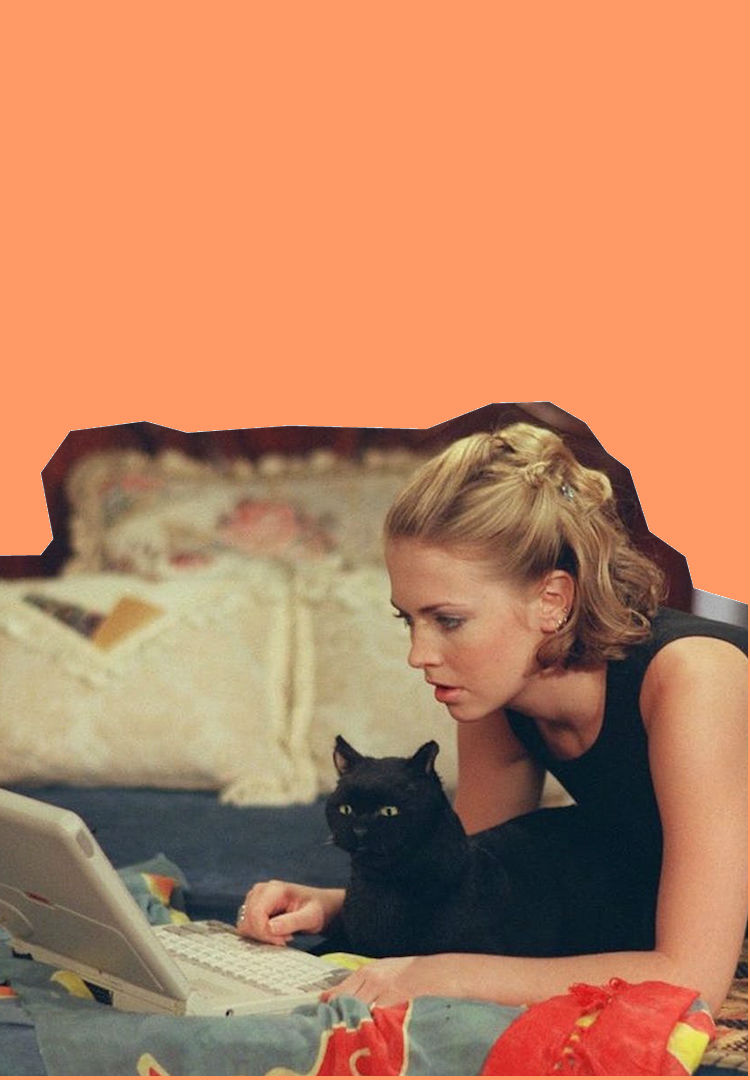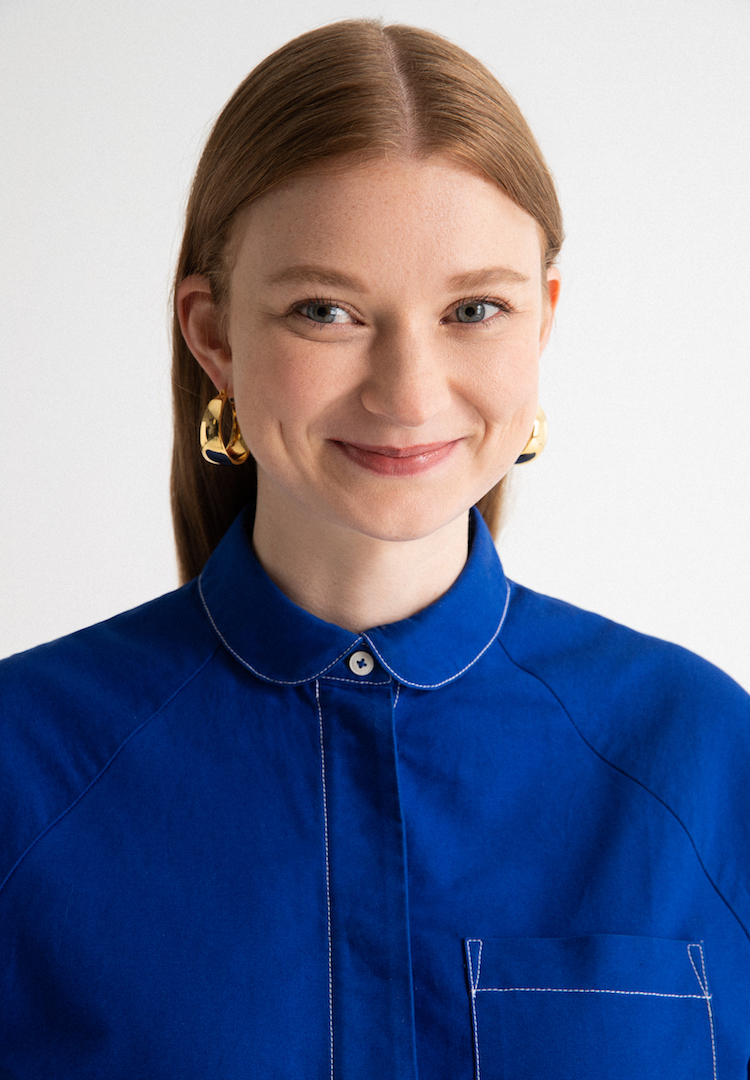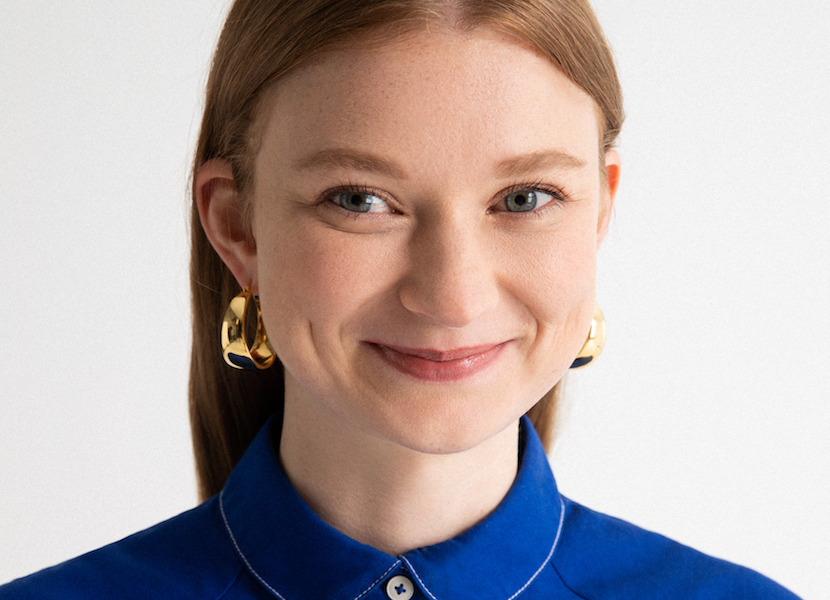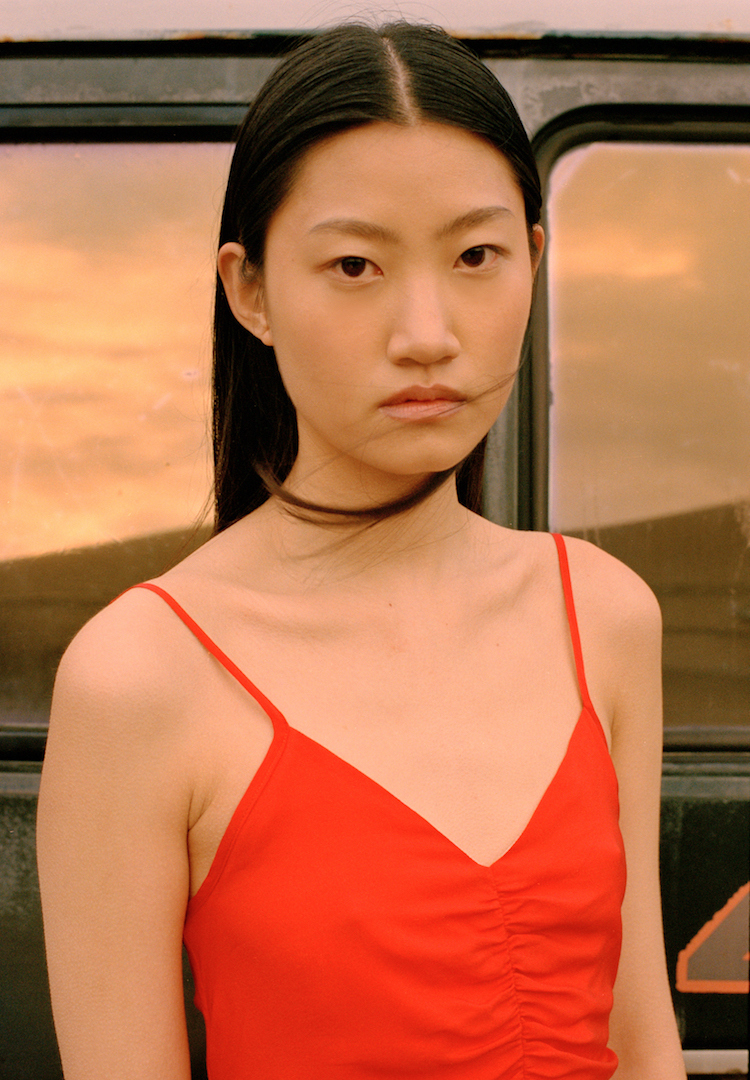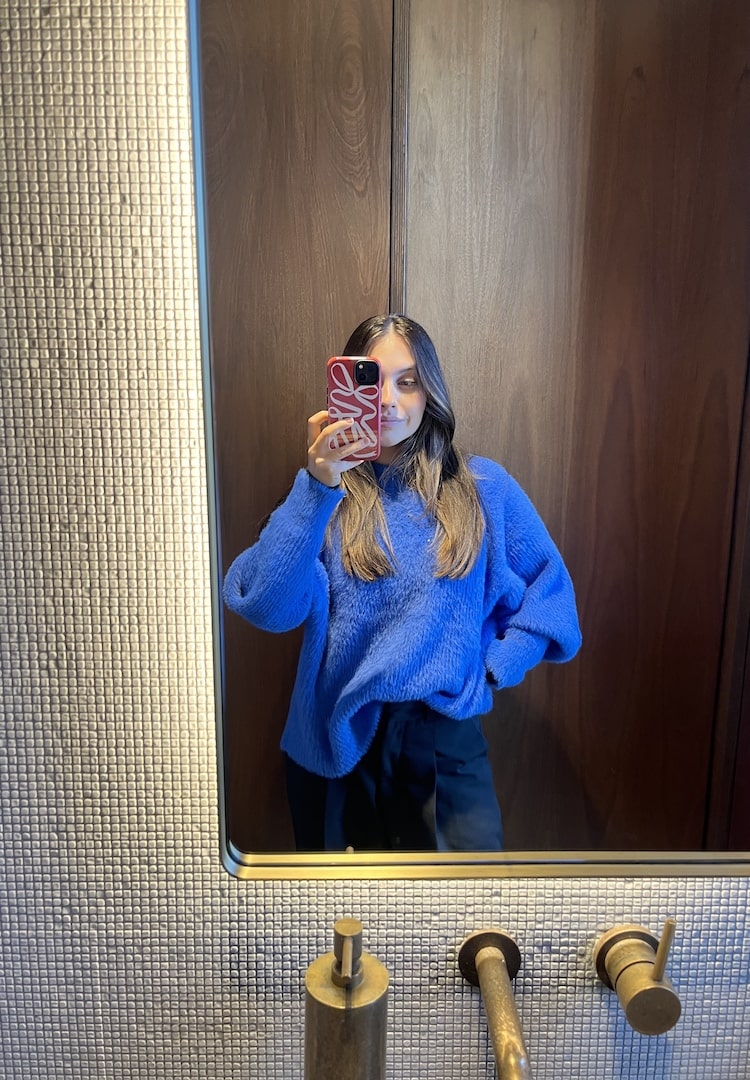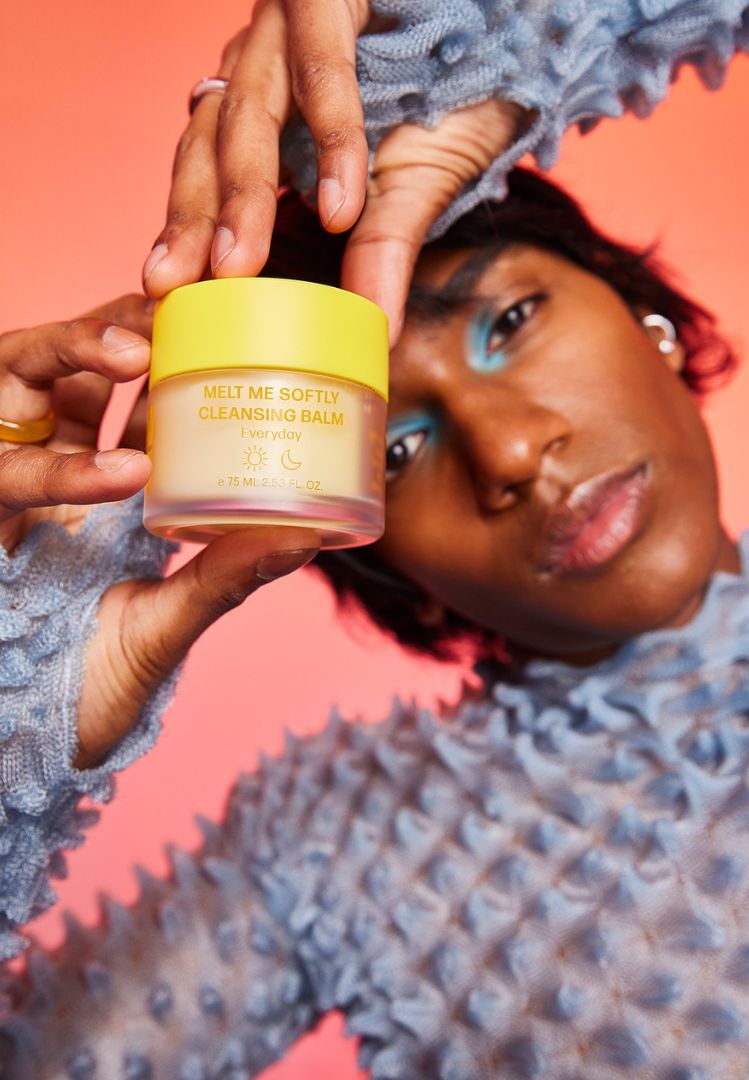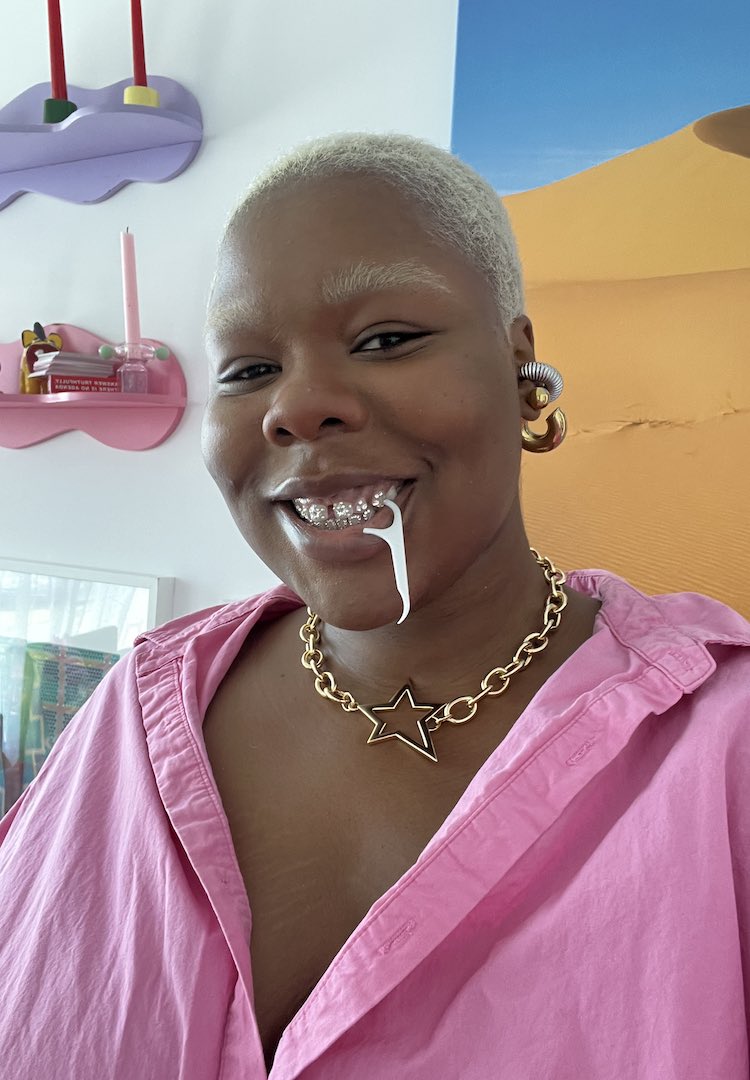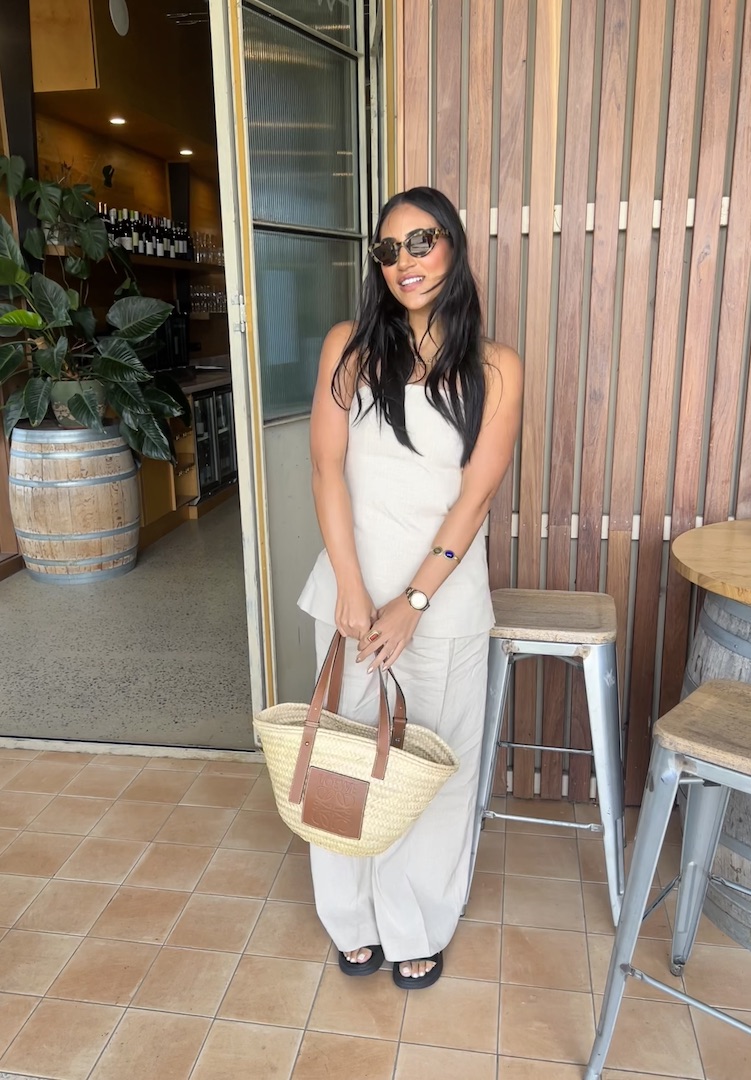How I Do It: Author, commentator and freelancer extraordinaire Bri Lee
Photography by Kristina Yenko
WORDS BY ELLA BAZZANI-HOCKLEY
“I choose what book I write next, I choose what stories I pitch next, I choose whether or not to say ‘yes’ or ‘no’.”
Impressive job titles are one thing, but what about people who have carved out their own niche and created a job specifically for them? Rather than landing that covetable LinkedIn byline, working for yourself presents a whole new way to choose your own adventure. That said, it’s not always about exploring the road less-travelled – sometimes it can mean forging your own entirely untrodden path.
It’s a tough slog, but if being your own boss is your own personal dream, How I Do It is the column for you. We’ll talk to established freelancers and friends of FJ who’ve been at this long enough to have the benefit of hindsight, and they might be able to help you figure out how exactly they ‘do’ what they do.
Money, agents, timelines and tight turnarounds – this is how to hack the creative hustle. First up is author, commentator, former lawyer and freelancer extraordinaire Bri Lee. Here’s how she does it.
Hey Bri! First up, could you run me through the last, say, five years of your life. What’s been happening for you?
Wow, five years. A huge amount. Well, five years ago I was leaving the legal profession to start writing. And so, I feel like it’s been five years of building my freelancing career. Or just building my profile as a freelancer. Five years ago I was writing for really small and often online-only outlets, for barely any money at all. And I used to also have to do all kinds of stuff just to pay my rent. And also to just build, I guess, my profile.
And I call it a diagonal ladder – that’s how I put it when giving younger writers advice. You have to start on one level, get certain types of bylines before you are likely to get accepted or get your pitches in anywhere that is, you know, a little further up the diagonal ladder that has a bigger profile, or maybe pays a little bit more.
Now, I’m really thrilled that I get to write so often for, for example, someone like The Saturday Paper. Which is, firstly, well respected, and secondly, well-paying (especially compared to where I started out). That’s a dream gig for me. I certainly thought it would take longer for me to get to where I am now. I have a book and a half, and I’m about to hand in my next book. So, yeah, five years in the making. Feeling much better now than I did in 2015. That’s for sure.
Describe to me, in real lay person’s terms, exactly what it is you do for work these days.
I would just say that I write for newspapers in between working on my next book. I just write. I’m a writer. I’ve started the exciting next step of working on fiction, instead of non-fiction, but it’s still true that I write for newspapers or journals at the same time as working on books.
How on earth do you pay your bills?
Well, it’s a complex interaction of privilege and hard work. I would say that privilege makes it easier to work hard, and also means that when you work hard, the rewards are greater. So, that’s how I would see it. I was already in a privileged position with my cultural background, my level of education and my family support when I started freelancing. All of those things have made it easier for me in the first really tough three years of the hustle. And yes, I work really, really hard, however also because of my ongoing privilege, I get more rewards when I do that hard work.
And I would say as well, there’s a way in which people in the legal profession are often really specific and strategic, and goal-oriented about their careers, in a way that I really admire. And I took that across to my writing career.
I really have a passionate hatred for the sort of ‘starving artist’ mythology. The way you take your practice seriously, as any kind of creative, is to be strategic about it. And if you care about your practice, and you want to make it sustainable, then you have to be strategic. I really believe the only people the ‘starving artist’ sort of bullshit helps are the people who actually have trust funds, secretly. They’re the only ones that don’t need to take it seriously.
And the question of whether or not to take the leap, you know – if you leap, the net will appear. I don’t know. I don’t know about the ‘net’, though – everyone’s position is so different. What I would say, is at the time in my life that I decided to take the leap, I had no kids, no mortgage and pretty much no one apart from myself that I was responsible to. And yeah, it was just, that privilege thing again. Privilege is on both sides of hard work.
How did you learn to set your own rates? Do you have any resources to share/any bits of advice when it comes to dealing with the money side of things?
Normally an outlet will have a pay rate. Then, the way I structured it over the years was to identify the places that I would love to write for one day, sometimes because of their ‘name’, and their recognition, and other times just because of the money. Sometimes you get an overlap of those two things, but not always. And it was then more about trying to figure out how I could always take things to the next level of publication.
From an author perspective, from quite early on I got a literary agent. And she has just been amazing and fantastic for me. Because that meant from a very early time, if I was doing any work that had a contract or whatever involved, I had someone to go in and fight for more money and for better conditions.
I think as well, there were definitely half a dozen times, especially in those tough early three years of freelancing, where having a legal background really helped; when people were just trying to fuck you over, or not pay you. Knowing the basics of contract law, of employment law, really helped. And I really feel for people in those first few years of the grind, to try and navigate things. Because, yeah, people will try to fuck you.
Take me back to age 18, when you left school. Did you have any sense of what you wanted to do, and if so, what steps did you first take?
Well, I started uni thinking of doing journalism. I thought that I wanted to be a photojournalist. And then I changed from that degree within a year, because I was not impressed with the way journalism was being taught. I just remember being with thousands of [first] years in the cohort and at the first lectures, they would tell us there were no jobs for any of us. It was just not a good spot.
So I switched across to law, and I loved it. And I still do love that critical legal thinking, and the ability to understand my society from that structural place. And then I always loved reading and writing, but I never ever – I thought maybe you could be a photojournalist if you were happy to be broke forever, and find a gig working for a newspaper – but I never, ever thought I could be a writer. That just never, never ever felt like a real option.
And one of the only reasons I made the leap, was because at that point in time – and anyone who’s read my first book would know – that I was just, for many reasons, so miserable. I was dealing with my own [legal] case, and so I felt I couldn’t try and get a job in that city and in that industry. And I just decided to give myself 10 years. I said I’d give myself 10 years to try and make writing work. And if I couldn’t, then I would just swallow my pride and go back to a legal career.
What’s the hardest part about freelancing or not having a clear-cut path? And on the flip side, what’s the best part?
Well, I would say the ‘best’ and the ‘worst’ are two sides of the same coin. The buck stops with you. So, for me, there’s something deeply gratifying about that, because I choose what book I write next, I choose what stories I pitch next, I choose whether or not to say ‘yes’ or ‘no’ when I get requests from certain writing projects, and it means I can have quite a high degree of control over my career growth, and direction.
But the flip side of that is that, you know, life happens. My actions also have huge, maybe even bigger, consequences, because I’m not on a career track – it’s not, for example, just a matter of time before I get a raise or a promotion. It’s not just a matter of time before I take the next step along this professional line. I am making up the professional ‘line’. And that’s just both the best and, I suppose, the most frightening thing about it.
What advice would you give to someone thinking of leaving school and freelancing for a while in your chosen creative field?
Specifically speaking to writers in this, I’m going to paraphrase this great piece of advice, I can’t remember who gave it, but it’s always stood me really well. There are three things [a writer should try to be] and you have to always be two of them. You can either file on time, you can be really fucking talented, or you can be a pleasure to work with. You always have to be at least two of those three things. And for me personally, when I was starting out, I decided that I had no way to tell whether or not I was talented, at all. And that meant that every single assignment I had needed to be filed on time, and I needed to make myself a pleasure to work with.
I would suggest that most young people, when you’re starting out, are probably not really talented. Like, who is? Who is really fucking talented in the first five years of their creative work? And so, you have to make sure you are the other two things. And it doesn’t mean you let people walk all over you, it doesn’t mean you let people fuck you over, but yeah, file on time.
Looking to step up to a career in fashion? Each week we send a wrap of industry jobs straight to your inbox. Enter your details below and we’ll keep you in the loop, or browse current openings here.

